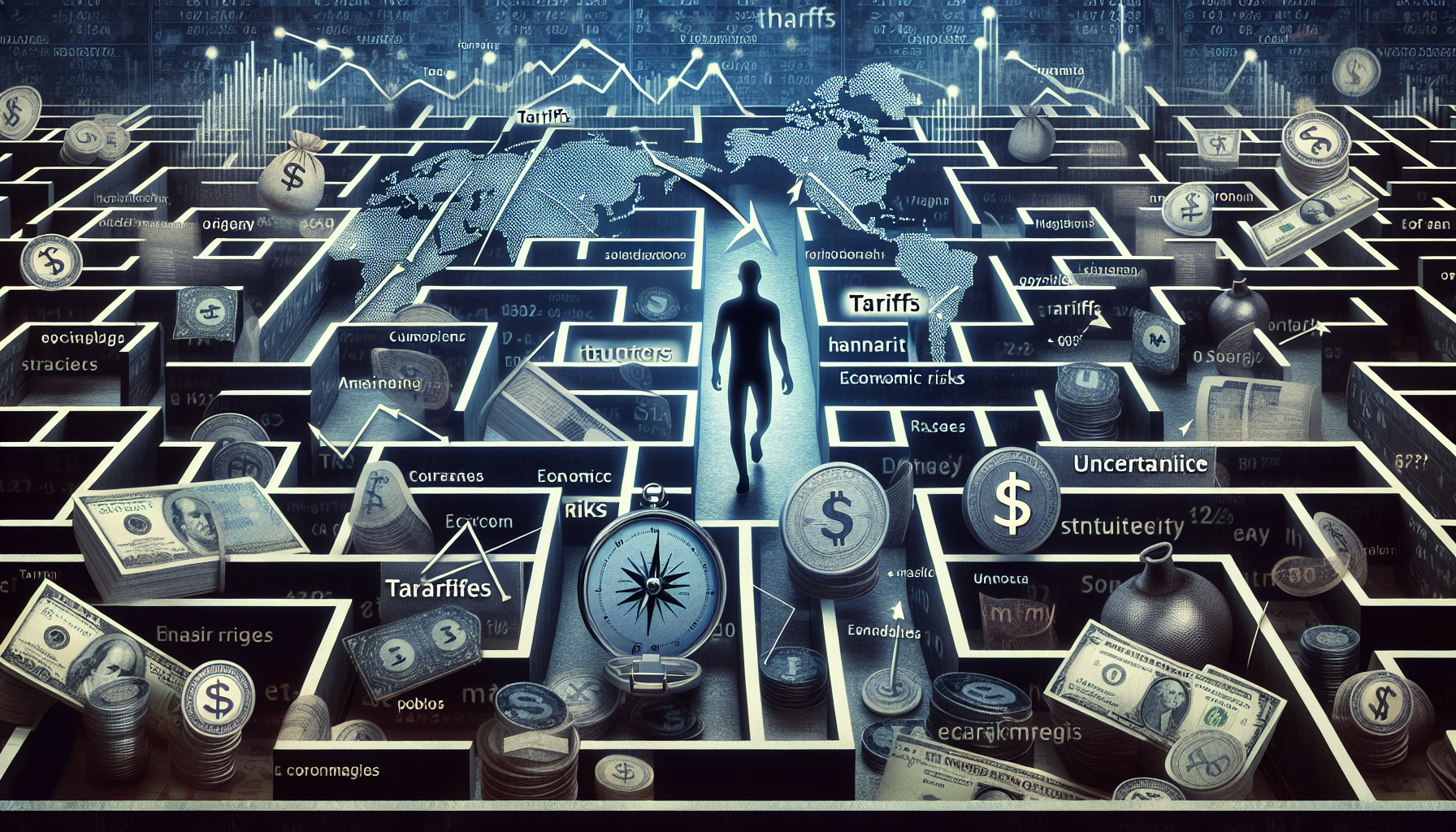Title: The Illusion of Control: The Economic Risks of Tariff Uncertainty
In the world of international trade, few phenomena are as damaging as tariff uncertainty. While tariffs themselves are often critiqued for their economic disruption, the ambiguity surrounding potential tariff changes can be just as detrimental, if not more so, to global markets and economic stability.
The "Madman Theory" and Its Economic Translation
The concept of the "madman theory," popularized as a diplomatic strategy, suggests that projecting irrationality can sometimes force advantageous negotiations. Applied to economics, however, this approach falters. When countries, notably those with significant economic influence like the United States, introduce the prospect of unpredictable tariff shifts, it creates a cloud of uncertainty that stifles growth, investment, and planning.
The Global Economic Chessboard
At the heart of recent trade tensions, the U.S. administration has wielded tariff threats reminiscent of mercantilist strategies. While this might offer leverage against foreign counterparts in theory, the real-world implications are often chaotic. Businesses across the globe face hesitation: Should they invest in new markets? Should they hold off on expanding supply chains? This indecision leads to stalled productivity and economic stagnation.
Tariff uncertainty affects global trade as businesses are forced to earmark billions in contingency strategies rather than growth. The volatility can lead to supply chain disruptions, increased costs for consumers, and ultimately, a slowdown in global economic progress.
A Call for Predictability
In contrast to the adrenaline of leveraging tariffs as negotiation tools, stable and predictable trade policies foster an environment where businesses can plan for the future with confidence. This certainty is especially vital in our interconnected world, where supply chains snake across multiple countries and continents.
Economists consistently advocate for clear communication and policy consistency as pillars of economic health. In the absence of such stability, the lingering threat of abrupt and unexpected tariff changes makes it nearly impossible for companies to make long-term investments.
Looking Ahead
As global markets brace for the continued possibility of tariff upheavals, both developed and developing nations must navigate these turbulent waters cautiously. While the allure of using tariffs as diplomatic tools may persist, the broader narrative should shift toward fostering an environment that prizes certainty and cooperation over unpredictability and discord.
For policymakers, the lesson is clear: economic diplomacy requires more than brinkmanship. It requires a forward-looking strategy that champions mutual growth and stability, ensuring that the global economy can thrive without the shackles of uncertainty.
